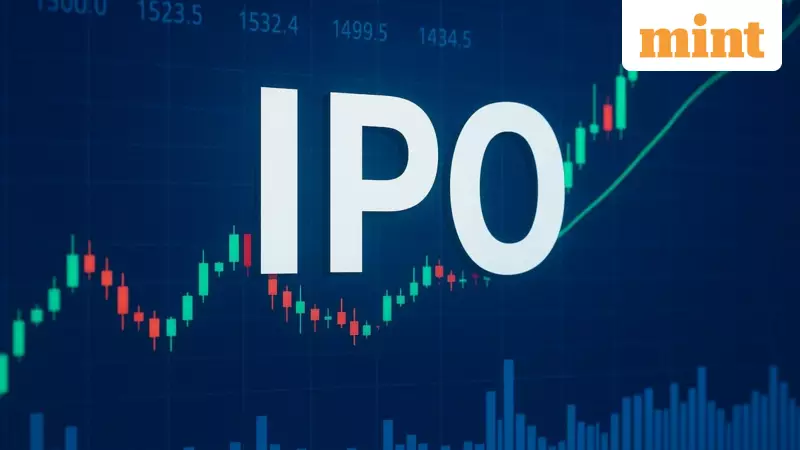
The Indian IPO market is experiencing an unprecedented boom in 2025, with retail investors demonstrating remarkable appetite for new listings. However, this enthusiasm demands careful navigation as nearly two-fifths of IPOs from 2021-2025 are trading below their issue prices, according to Prime Database.
Understanding the IPO Landscape
The current year has witnessed 90 IPOs raising ₹1.51 trillion until November 13, 2025, approaching the total ₹1.59 trillion raised throughout entire 2024. Recent high-profile offerings like Lenskart's IPO at a staggering ₹70,000 crore valuation – approximately ten times sales and 230 times FY25 earnings – highlight the market's exuberance. Despite such premium valuations, retail investors subscribed to Lenskart's retail book 7.56 times, with the average retail book subscription across 2025 IPOs reaching an impressive 24.28 times.
Key Risks and Due Diligence Strategies
Market experts emphasize that retail investors often lack both time and expertise to thoroughly analyze draft prospectuses. Deepak Jasani, an independent market expert, recommends starting with basic metrics: "Begin with simple metrics such as the price-to-earnings (P/E) and price-to-book (P/B) ratios and compare them with listed peers in the same industry."
The Red Herring Prospectus (RHP) serves as a crucial document for investors. Pankaj Pandey, head of retail research at ICICI Direct, advises: "Start with the 'About our company' section to understand the business model, market position, and growth plans. Check for unique advantages like brand strength, technology edge, or distribution networks that competitors cannot easily replicate."
Financial analysis should focus on consistent revenue growth, improving profit margins, and strong cash flows. Red flags include persistent negative cash flows despite reported profits, high leverage, frequent loan refinancing, and over-dependence on limited customers or suppliers.
Investment Approaches and Alternatives
SEBI research reveals concerning patterns in retail investor behavior. The study analyzing IPOs between April 2021 and December 2023 found that 54% of IPO shares allotted (excluding anchor investors) were sold within a week. Retail investors specifically sold 42.7% of their allotted shares within the same period.
G Chokkalingam, founder of Equinomics Research, suggests practical precautions: "If investing despite steep valuations, limit your exposure. Cut losses immediately if the business lists at a discount, and book profits quickly if there are listing gains."
For investors uncertain about direct stock research, mutual funds offer a safer alternative. Bharat Lahoti, co-head of factor investing at Edelweiss Mutual Fund, explains their approach: "We continuously track newly listed companies and reassess them after listing. We exit or trim holdings if the company doesn't deliver on promises, shifts into unrelated businesses, or if valuations become unrealistic."
Vishal Dhawan, founder of Plan Ahead Investment Advisors, emphasizes education: "When clients seek IPO investment advice, we educate them about risks, particularly with high-valued IPOs where promoters are exiting."
The most prudent approach for retail investors may be through diversified mutual funds that participate in select IPOs, leveraging professional research capabilities while minimizing individual stock risk.





